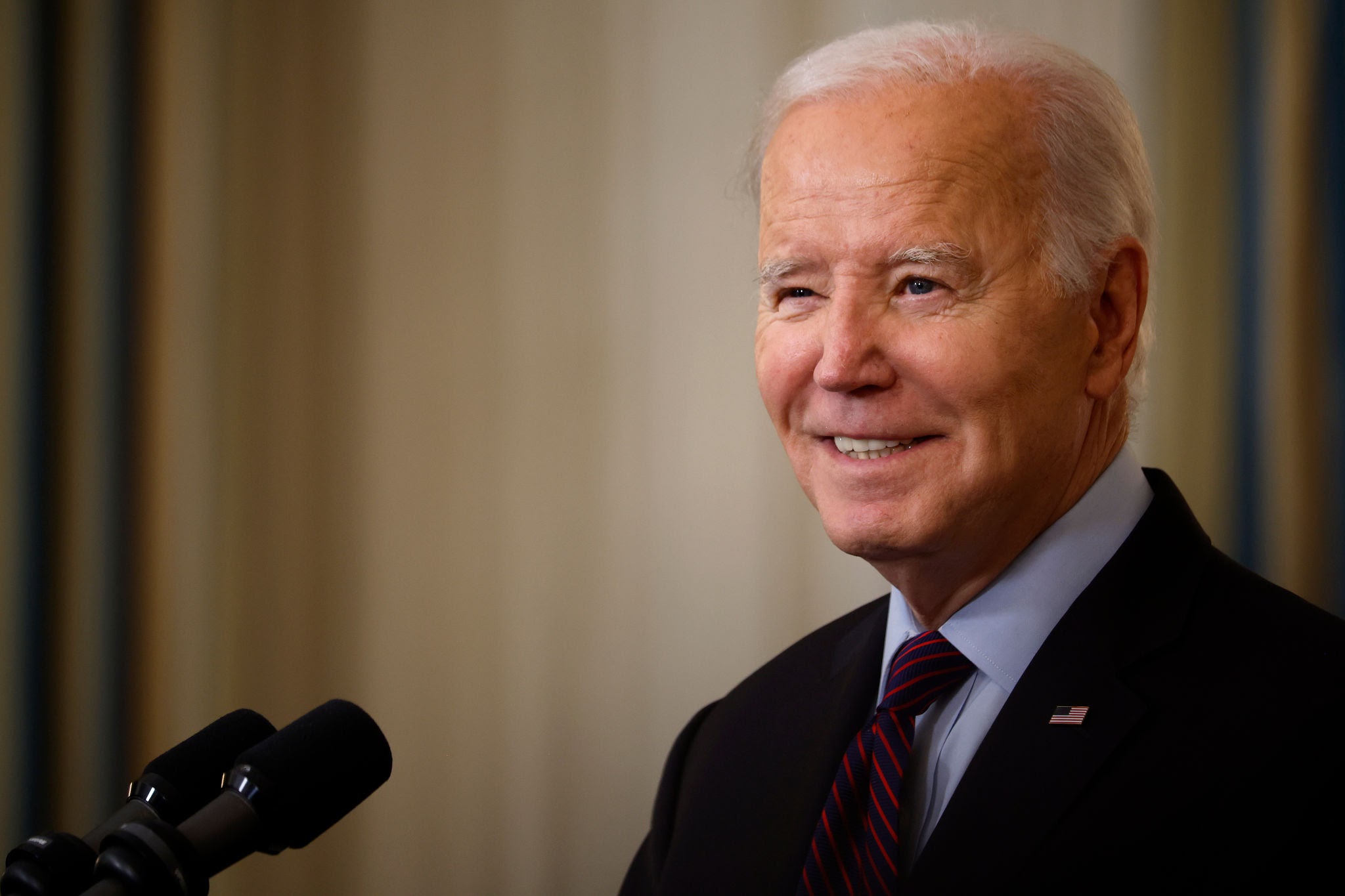The recent AI Robocall in New Hampshire has sparked a major investigation into election interference and AI misuse.
In a startling development that has raised concerns about the use of artificial intelligence in politics, the New Hampshire Attorney General’s Office is investigating a robocall incident that used AI technology to mimic President Joe Biden’s voice. This AI-generated call, aimed at New Hampshire voters, is an apparent attempt to influence the primary election process, sparking a debate about the ethics and legality of AI’s role in elections.
The robocall in question delivered a message that falsely discouraged voters from participating in the upcoming primary election. Recipients reported hearing a voice similar to President Biden’s, using his characteristic phrase, “What a bunch of malarkey,” and advising them to “save your vote for the November election.” The message implied that participating in the primary would somehow invalidate their vote in the general election, a claim that is categorically untrue. The sophistication of the AI technology used made the call convincingly deceptive, blurring the lines between reality and artificial fabrication.

The New Hampshire Attorney General, John Formella, has declared the robocall an illegal attempt to disrupt and suppress voting, urging voters to disregard its contents. This incident has drawn attention to the broader issue of AI’s use in spreading misinformation and its potential impact on democratic processes. For more details on the investigation, visit New Hampshire Public Radio’s coverage.
The implications of such AI misuse are far-reaching, raising questions about election integrity and the erosion of public trust in democratic institutions. Experts in digital forensics and election law, like Hany Farid from the University of California, Berkeley, have expressed concern over the weaponization of generative AI in elections, suggesting that this incident could be a sign of more pervasive challenges in future electoral processes. The Federal Election Commission is currently considering public comments on a petition to regulate AI deepfakes in campaign ads, highlighting the urgent need for legislative action in this area.
The use of AI in politics is not new, but the sophistication and potential impact of such technologies are increasing. As AI continues to advance, it becomes imperative for federal and state governments to develop robust regulatory frameworks to prevent its misuse in political campaigns and safeguard the integrity of elections. Public awareness and vigilance are also crucial in combating disinformation and maintaining the sanctity of democratic processes.

This incident serves as a reminder of the double-edged nature of AI and its potential to either enhance or undermine public discourse and democracy. For further reading on the federal response and proposed legislative measures to address AI in politics, see the full article on Hosted AP.
External Link for Reference: Seattle Times on AI’s role in elections
